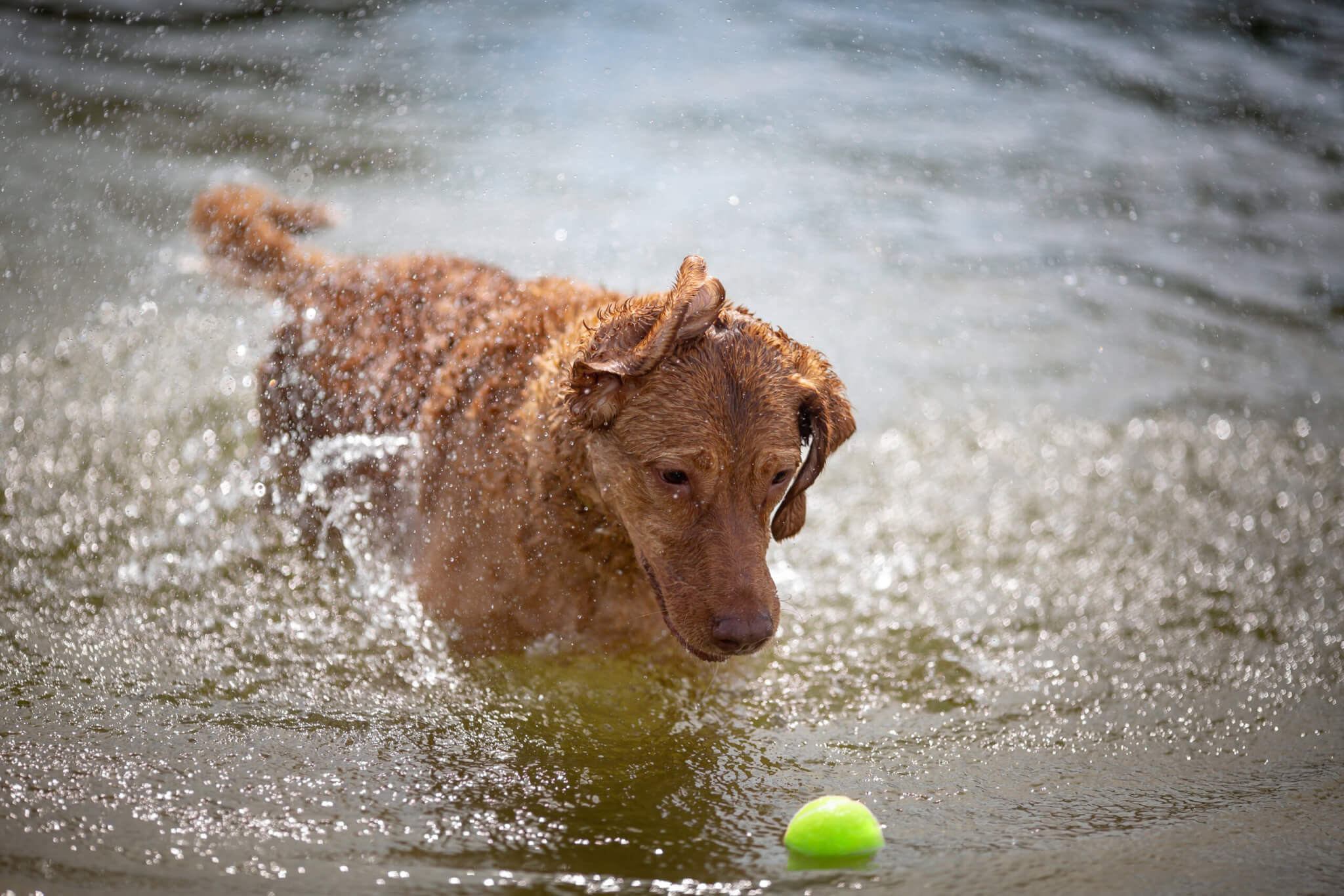BRISBANE, Australia — Climate change will soon have a dire impact on household dogs and cats, a recent study warns. Researchers in Australia explain that the warming of the planet presents risks to domesticated pets’ nutrition, behavior, environment, and overall physical and mental health.
Among the other animals flagged as vulnerable due to climate change are bats, zebrafish, stony creek frogs, koalas, African elephants, chickens, and dairy cows. The team from the University of Queensland underlines the importance of prioritizing certain areas to ensure the longevity and welfare of animals, be it in the food industry, as household pets, or those under conservation in natural habitats and zoos.
“While researchers have extensively examined the effects of climate change on animals, the direct correlation between climate change and animal welfare, particularly in the context of wild animals, remains relatively scarce in existing studies,” says Dr. Edward Narayan, the study’s lead author and senior lecturer of animal science in the School of Agriculture and Food Science at The University of Queensland, in a media release.

Dr. Narayan’s research group, The Stress Lab, has sought to fill this gap by examining a wide range of animals from various global locations, considering the impact of climate change on the five identified domains of animal welfare.
“We hope that future researchers will apply the animal welfare domains to evaluate how climate change impacts on animals, and further research will pave the way to the protection of animals from the catastrophic impacts of climate change,” notes Dr. Narayan.
Key findings from the study include:
- Dairy cows under heat stress can see a 35-percent drop in milk production. However, mitigation strategies like sunshades and sprinklers can help alleviate the stress.
- Broiler chickens exposed to high temperatures exhibit more cases of necrosis, affecting their quality of life and meat value. Birds, with their limited capacity to regulate heat due to the lack of sweat glands, might benefit from air-conditioned environments.
- Droughts and decreasing resources directly correlate with increasing elephant mortalities. The African elephant’s significant daily needs are compromised as climate change results in the declining availability of water and vegetation.
- Marsupials, including the koala, are facing population declines, driven majorly by climate change. Rising temperatures compel koalas to use more energy to regulate their body temperatures.
- Domestic animals are not spared either. Certain dog breeds are prone to heat stroke, and a rise in temperature can reduce the time they spend outdoors. In the United Kingdom, the study revealed that about 87 percent of dog owners curtailed their pets’ outdoor activities during hotter weather.
“As climate change drives more wild populations to ecological limitations, there will be potential welfare consequences and considerations to explore; for example, when vulnerable species would need to be transferred to new environments (e.g., captive breeding), should food and habitat become limiting resources,” says Dr. Narayan. “Likewise, production animals and other domesticated species will be impacted by the extreme environmental changes with consequences on each of the dimensions within the five domains of animal welfare.”
The study is published in the journal CABI Reviews.
You might also be interested in:
- How cats and dogs affect the climate – and what you can do about it
- Best Dogs For Active Lifestyles: Top 7 Breeds Fit For Fitness, According To Experts
- Best Dog Breeds For Warm Climates: Top 5 Cozy Companions Most Recommended By Experts
